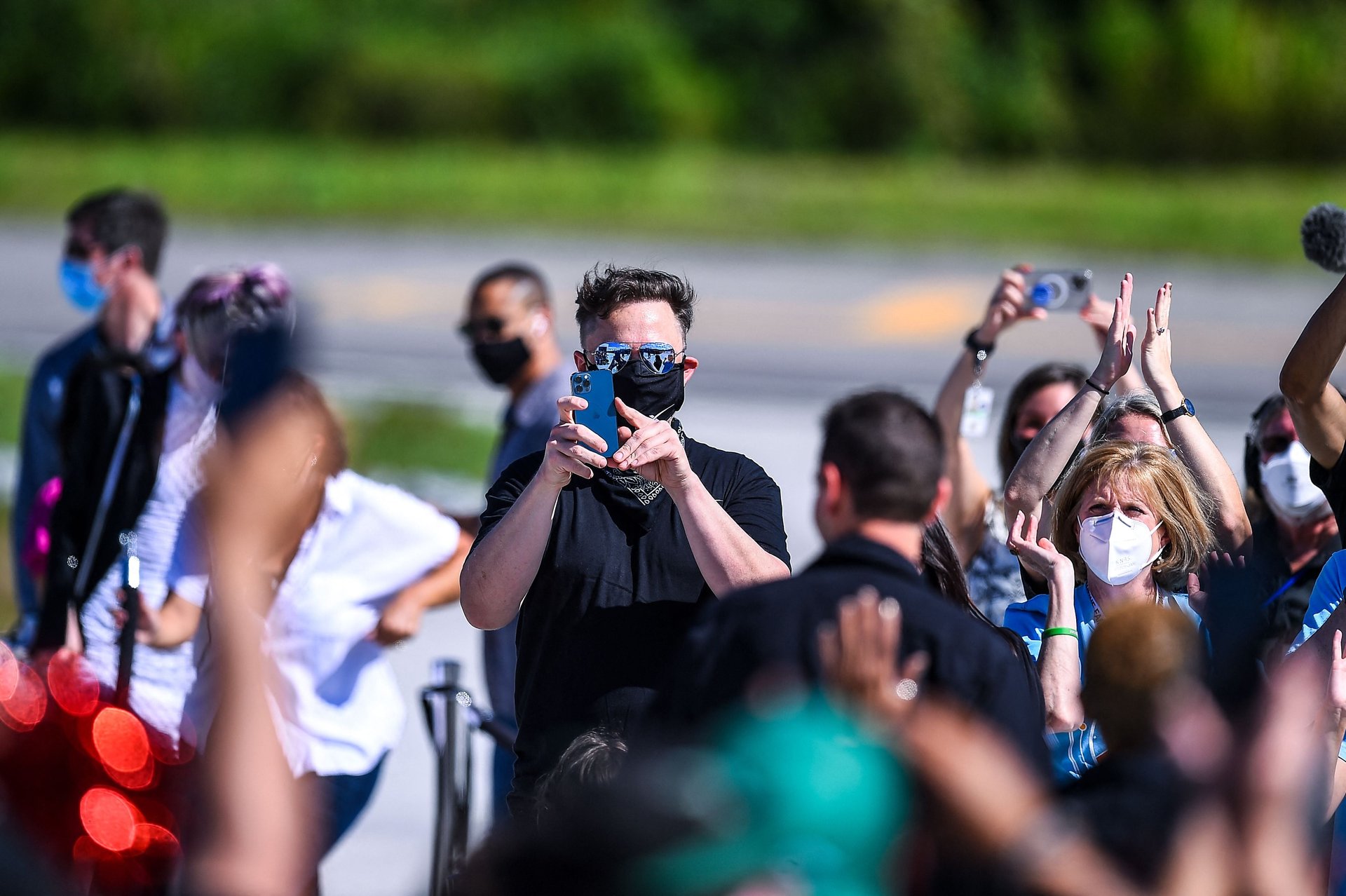Elon Musk will be miserable in the app economy
Self-driving cars and space shuttles are fun. The app business is less fun.

Elon Musk’s takeover of Twitter is imminent: He has three weeks to close his deal to buy the social media company for $44 billion. It’s a deal he wanted and then didn’t and (at least for now) begrudgingly accepts.
Musk probably isn’t interested in improving Twitter’s advertising business or its subscription business. It’s doubtful he even cares all that much about rolling back content moderation or eliminating spam, his two pet issues over the past six months.
Musk is never particularly interested in the thing he has, or is soon to have, but rather something much further out. Tesla isn’t just about making electric cars—it’s about accelerating the world’s transition to sustainable energy. SpaceX, his rocket company, isn’t here just to launch stuff into space—it’s about finding a way to put people on Mars and “making humanity multiplanetary.”
And Twitter?
“Buying Twitter is an accelerant to creating X, the everything app,” Musk tweeted on Oct. 4.
What does that even mean?
Oh yes, X, the everything app. Of course.
As my colleague Adario Strange recently pointed out, Musk has used the X moniker as a stand-in for his business pursuits since at least 1999, when he used the X.com domain to launch an online bank that would later be renamed PayPal. Then there’s SpaceX, of course, and the Tesla Model X, and one of Musk’s children is named X Æ A-12.
Now, X is Musk’s shorthand for a super-app akin to WeChat, the Tencent-owned application that is ubiquitous in China for personal chatting, business communication, shopping, social media, payments, and much more. “You basically live on WeChat in China because it’s so useful and so helpful to your daily life,” Musk told Twitter employees during a June town-hall meeting weeks before he announced he didn’t want to own Twitter anymore.
“There’s no WeChat movement outside of China,” Musk said at the time. “And I think that there’s a real opportunity to create that.”
In any case, Musk, who dreams of self-driving electric cars, commercial space travel, neural implants, lightning-fast train travel, and absurdly large tunnels is an odd fit for the app economy. He would be utterly miserable there.
The app economy is different in China
It’s not that mobile apps are a bad business. The app analytics company Sensor Tower estimates that spending on apps will exceed $270 billion by 2025. It’s more that Apple and Google each take a whopping 30% cut of app subscription fees, though that cut has been the focus of antitrust scrutiny and multiple lawsuits from developers.
Then there’s the likely regulatory battle Musk would face in attempting to build a super-app.
“The more flexible regulatory environment in China at the time gave Internet companies like Tencent and Alibaba more room to extend to a wide range of businesses. WeChat benefited from that and grew into a super app,” Forrester principal analyst Xiaofeng Wang points out. “It would be a lot harder now given the stricter anti-monopoly regulations in China and it would be certainly harder for Twitter or the future X to do that in the US.”
WeChat also was created for a society where trust in social media runs deeper than it does in much of the West. According to Forrester’s 2022 survey data, 58% of China’s consumers trust the content that brands post on social media, versus only 20% of consumers in the US.
Does the WeChat model make sense for Musk?
Meanwhile, it’s unclear whether US mobile users even want a super-app, says Jasmine Enberg, an influencer marketing and social commerce analyst at Insider Intelligence. “In the US, we’re used to using different apps for different activities, and old habits are hard to break.” We open Venmo to pay our friends, Spotify to listen to music, TikTok to watch short videos, and Slack to communicate with coworkers—and we’re by and large ok with that.
WeChat has mini-programs, or apps within the app. That’s one route that Twitter could go under Musk’s ownership, but right now that’s not too appealing. Twitter has fewer than 250 million monetizable daily active users (mDAU), far less than the 2.9 billion on Meta’s apps or the 1 billion-plus on ByteDance’s TikTok.
“It’s going to be an uphill battle for Musk, and Twitter isn’t going to turn into platform X overnight,” Enberg said. “People in the US are going to need a powerful incentive to switch from their current behavior to using a catch-all app for all of their digital activities. And even if they’re willing to do that, there’s no guarantee that they’ll want to do it on Twitter. Would it have been easier for Musk to build his everything app from scratch? Perhaps.”
If that’s the case, Musk will have spent $44 billion, plus a lot of banker and lawyer fees for an app that does little more than connect and inflame its users, 280 characters at a time.